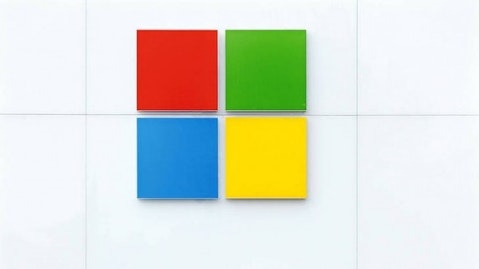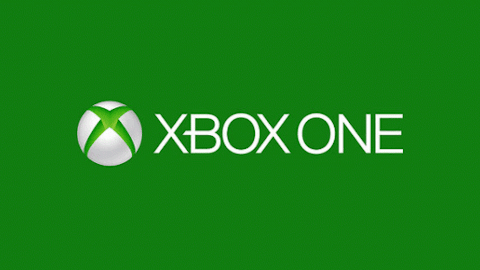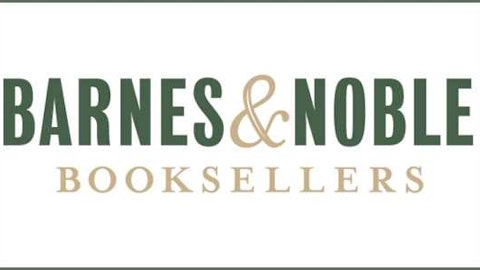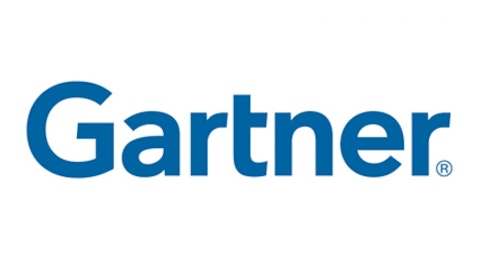Exchange-traded funds and socially responsible investing (SRI) have each grown in popularity over the past two decades or so; ETFs for their convenience and SRI to achieve great returns in the stock market by investing in companies that embrace good environmental, social and corporate governance (ESG) practices.
As both of these have risen in popularity separately, the two are increasingly becoming paired together. This combination makes perfect sense. Why wouldn’t socially responsible investors also want access to the same level of convenience that regular ETF investors enjoy? No reason at all. Among the gradually growing ranks of SRI ETFs, one of the largest is the iShares MSCI Socially Responsible ETF.
The iShares MSCI Socially Responsible ETF seeks to accomplish its SRI goals by screening out the usual problem area that socially responsible investors typically steer clear of. This means any company that has significant involvement in alcohol, tobacco, gambling, civilian and military weapons, and nuclear power will be excluded from the fund.
The key word to note in that previous sentence is “significant.” It is possible to find a company in this ETF that has a tiny percentage of its overall business involved in one of these problems areas. So depending on your level of concern, you should be on the lookout for that. After screening out the usual suspects, the fund then attempts to choose the best companies based on ESG criteria by comparing those companies to their industry peers. That means some companies in this ETF might not jump out at you as a particularly obvious SRI stock. But when compared to their peers, these companies just might make the cut. That is the trade-off you make when investing in any ETF, SRI or otherwise. You have to take the good with the not so good.
The Result
After all of that screening, comparing and eliminating, the result is a fund with about $216 million in total assets. The iShares MSCI Socially Responsible ETF’s largest holdings are made up of the two tech giants Microsoft Corporation (NASDAQ:MSFT) and Google Inc (NASDAQ:GOOG), as well as the two consumer products giants Johnson & Johnson (NYSE:JNJ) and The Procter & Gamble Company (NYSE:PG). Together these four companies comprise about 15% of the total ETF.
Given the methods used to create this socially responsible ETF, these top four picks seem fairly acceptable. No ETF is 100% prefect. For example, Microsoft Corporation (NASDAQ:MSFT) was kicked off the Dow Jones Global Sustainability Index just two years ago. Although it did manage to earn its place back on the index the very next year thanks to its commitment to reduce its impact on the environment and to become more transparent with its environmental reporting practices. And while Johnson & Johnson (NYSE:JNJ) has demonstrated poor corporate governance for many years by allowing its former chairman and CEO to mismanage the company (highlighted by product recall after product recall), the company has begun to correct its past mistakes.






